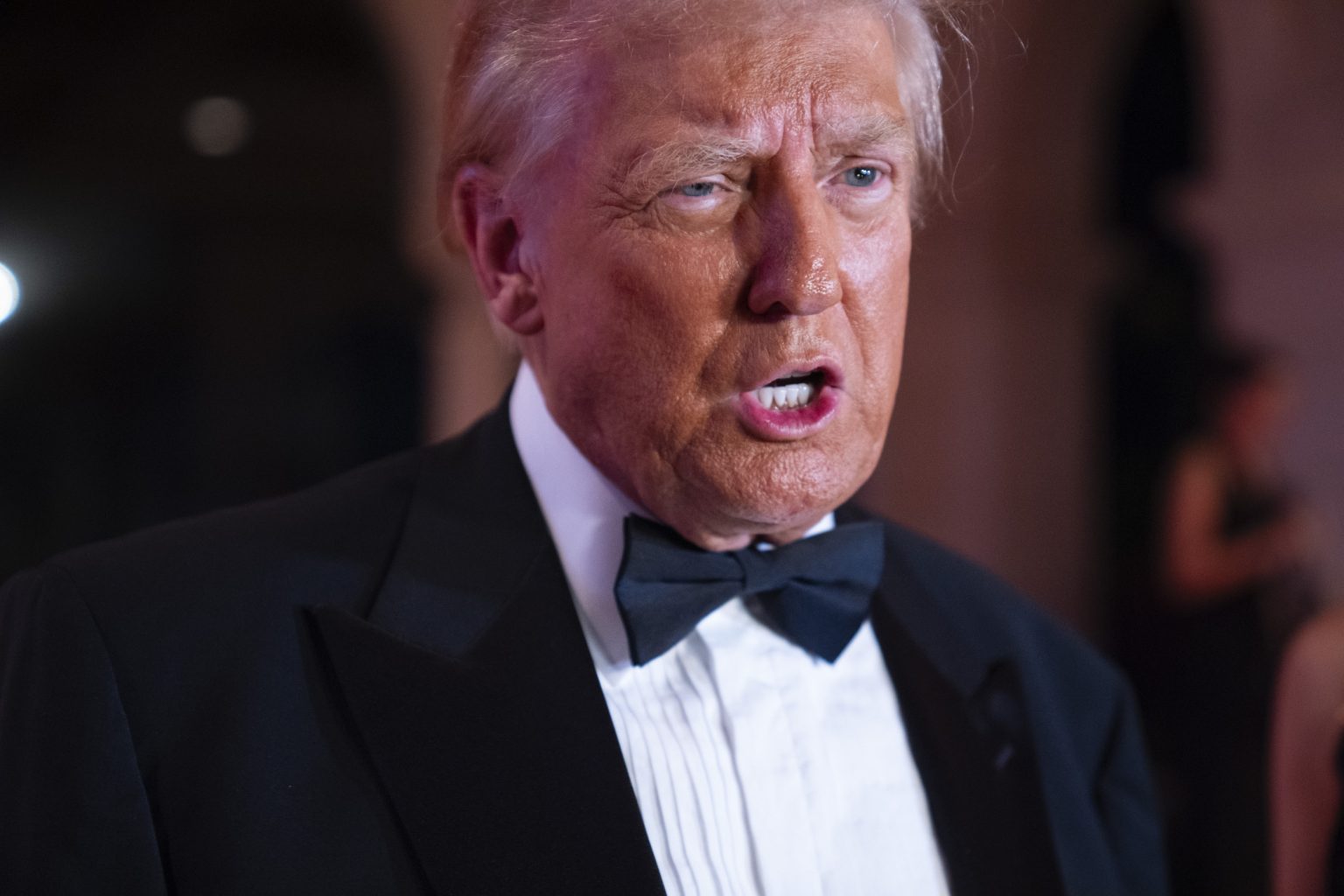The sentencing of President-elect Donald Trump in the Manhattan hush-money case has sparked a fresh wave of controversy, further highlighting the complex interplay between law, politics, and presidential power. While the presiding judge, Acting Justice Juan Merchan, has opted for an “unconditional discharge,” signifying no actual punishment, the very act of scheduling the sentencing for January 10th, just ten days before Trump’s inauguration, has ignited the president-elect’s ire. Trump has vehemently denounced the proceedings as a politically motivated “witch hunt” orchestrated by the Manhattan District Attorney, Alvin Bragg Jr., and has labeled Judge Merchan a “radical partisan.” This latest legal skirmish occurs against a backdrop of shifting legal landscapes for former and current presidents, with recent Supreme Court rulings granting certain immunities for actions related to the core functions of the presidency.
Trump’s reaction to the sentencing date underscores his consistent and unwavering denial of wrongdoing in the hush-money case, which involved falsifying business records to conceal a payment to adult film star Stormy Daniels during the 2016 presidential campaign. He maintains that the case is baseless and should have been dismissed due to statutes of limitations. His legal team echoes this sentiment, arguing that the sentencing itself contravenes the Supreme Court’s recent pronouncements on presidential immunity and established legal precedents. They insist on the immediate dismissal of the case and view the entire process as a series of politically motivated attacks designed to undermine the presidency. This narrative of persecution resonates with a segment of the population and fuels the ongoing polarization surrounding Trump’s legal battles.
The judge’s decision to proceed with the sentencing, even with an unconditional discharge, reflects the complexities of navigating legal procedures within a highly charged political context. While the discharge effectively avoids any tangible penalty for Trump, the formal act of sentencing maintains a symbolic weight, acknowledging the validity of the initial conviction. Judge Merchan’s explanation that this approach ensures procedural finality and allows Trump to pursue any appellate options underscores the legal system’s attempt to maintain due process despite the extraordinary circumstances of a president-elect facing sentencing.
The timing of the sentencing adds another layer of complexity to the already fraught political landscape. Sandwiched between the state funeral of former President Jimmy Carter and Trump’s own inauguration, the January 10th date places the legal proceedings squarely within the transition of presidential power. This juxtaposition highlights the unprecedented nature of the situation and underscores the ongoing tensions between the judicial branch and the executive branch, particularly in relation to the accountability of a president. It also creates a media spectacle, further amplifying public discourse on the legitimacy of the legal proceedings and the implications for the future of the presidency.
The fallout from the sentencing decision extends beyond the legal realm and into the political sphere. Trump’s supporters view the entire episode as yet another example of political persecution, bolstering their belief that the legal system is being weaponized against their chosen leader. Critics, on the other hand, argue that the judge’s leniency underscores the unequal application of justice and reinforces the perception that those in positions of power enjoy impunity. This divergence in perspectives further exacerbates the deep political divisions within the country.
Looking ahead, January shapes up to be a pivotal month for Trump, encompassing a series of symbolically charged events. The confluence of a former president’s funeral, a president-elect’s sentencing, and a presidential inauguration creates a dramatic backdrop against which the ongoing legal and political battles will unfold. While the unconditional discharge offers a temporary resolution to the Manhattan hush-money case, the underlying tensions and legal challenges surrounding Trump’s presidency are far from resolved. The potential for appeals and further legal action, combined with the persistent political polarization, ensures that the intersection of law, politics, and presidential power will continue to be a dominant theme in the coming months and years.

